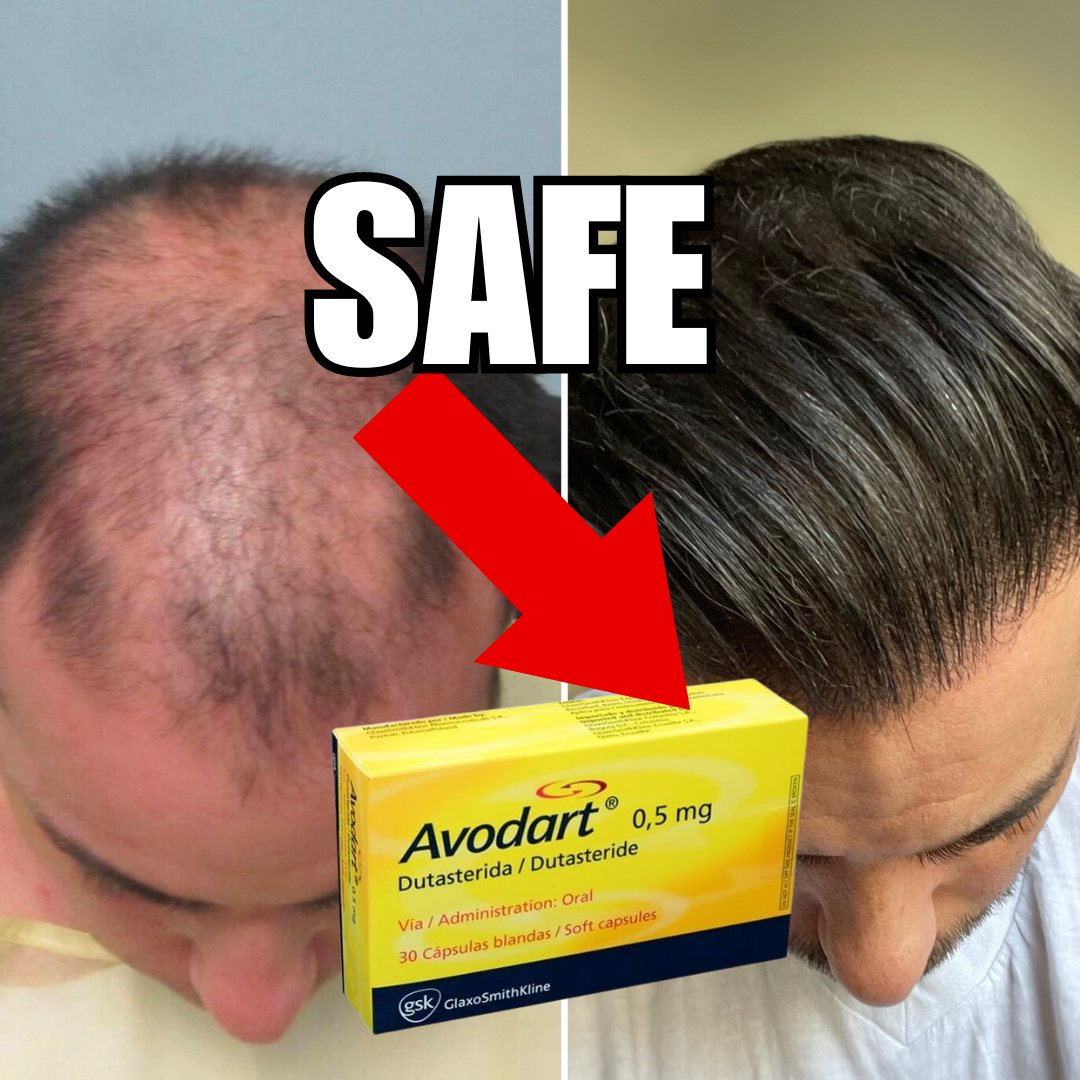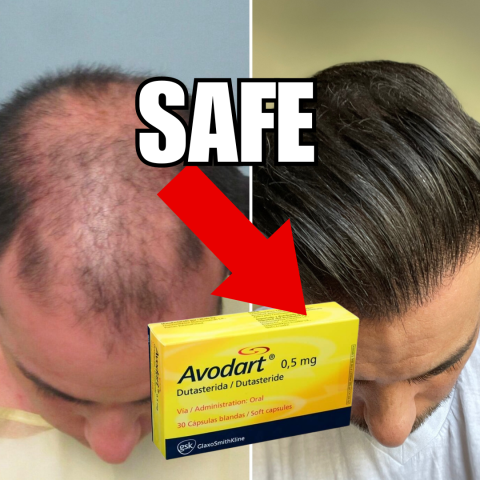
Dutasteride is a medication primarily used to treat benign prostatic hyperplasia (enlarged prostate). It works by inhibiting the conversion of testosterone to dihydrotestosterone (DHT), a hormone that contributes to prostate growth. However, some studies have also shown its efficacy in treating male pattern baldness, a condition linked to the same hormone.
How Safe is Dutasteride For Hair Loss
The safety of dutasteride depends on various factors, including individual health status, medical history, and adherence to prescribed dosages. Here are some key points to consider regarding the safety of dutasteride:
Individual Risk Factors: Some individuals, including those with a history of liver disease or certain other medical conditions, may be at higher risk of experiencing side effects or complications with dutasteride. Your healthcare provider can help assess your individual risk factors and determine if dutasteride is appropriate for you.
Medical Monitoring: Patients taking dutasteride should undergo regular medical monitoring, including periodic evaluations of prostate health (for those using it for prostate conditions) and monitoring for side effects. It's essential to report any concerning symptoms to your healthcare provider promptly.
Long-term Safety: Long-term safety data for dutasteride are limited, particularly regarding its use for treating hair loss. While short-term studies have shown its effectiveness and relatively good tolerability, more research is needed to understand its safety profile over extended periods. That said, there are plenty of long-term studies on dutasteride in treating benign prostatic hyperplasia (BPH), and the safety profile is good.
Before considering dutasteride for hair loss, it's essential to consult with a hair restoration physician who can assess your individual risk factors and discuss the potential benefits and drawbacks of the medication. They can provide personalized advice based on your medical history and current health status. Additionally, they can help you explore other hair loss treatment options and determine the best course of action for you, which may include hair transplant surgery.

